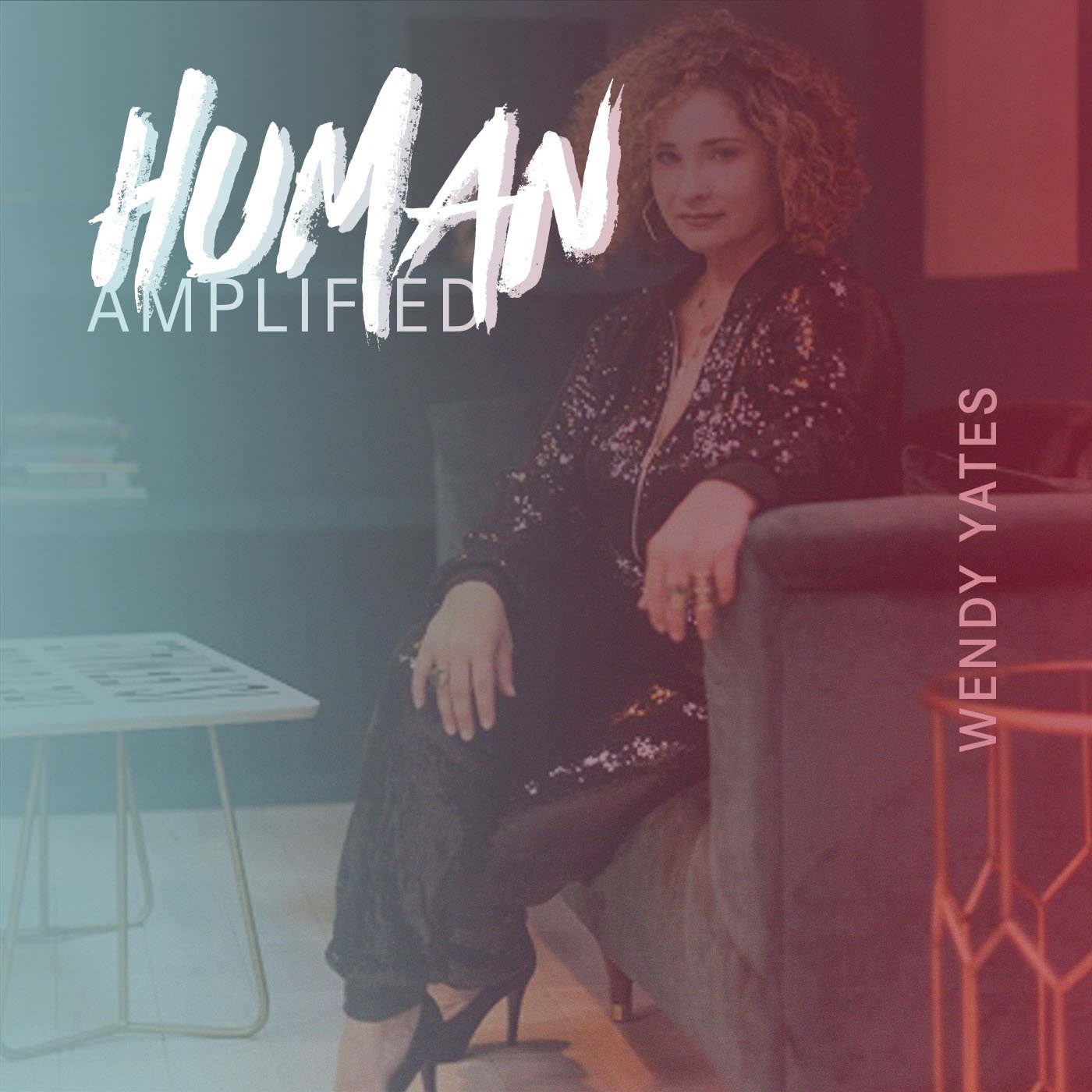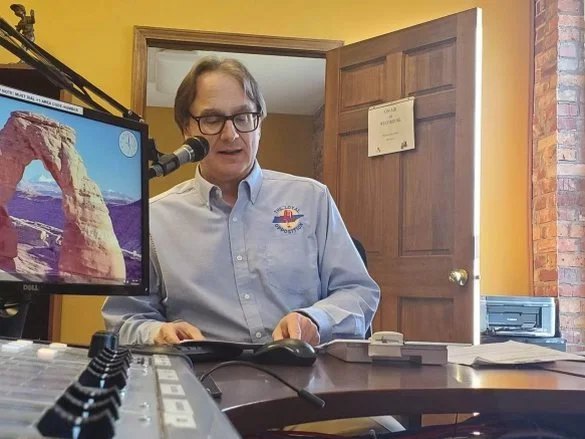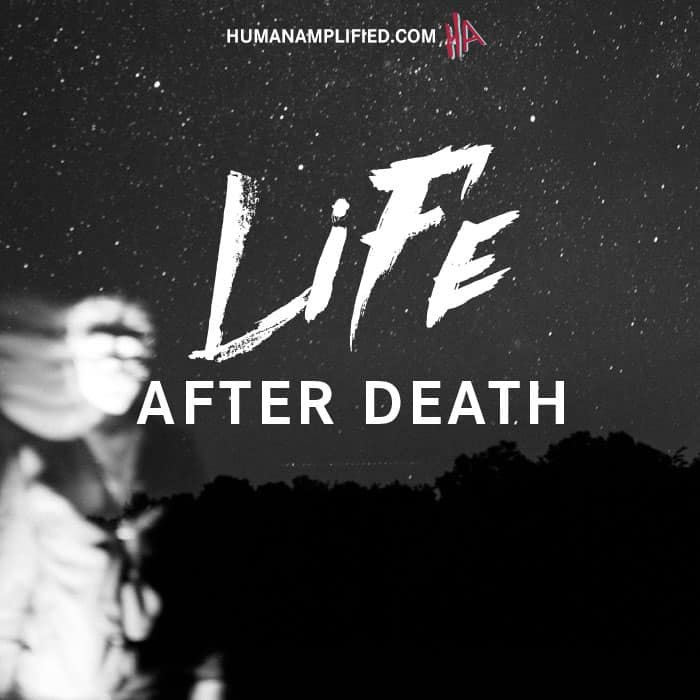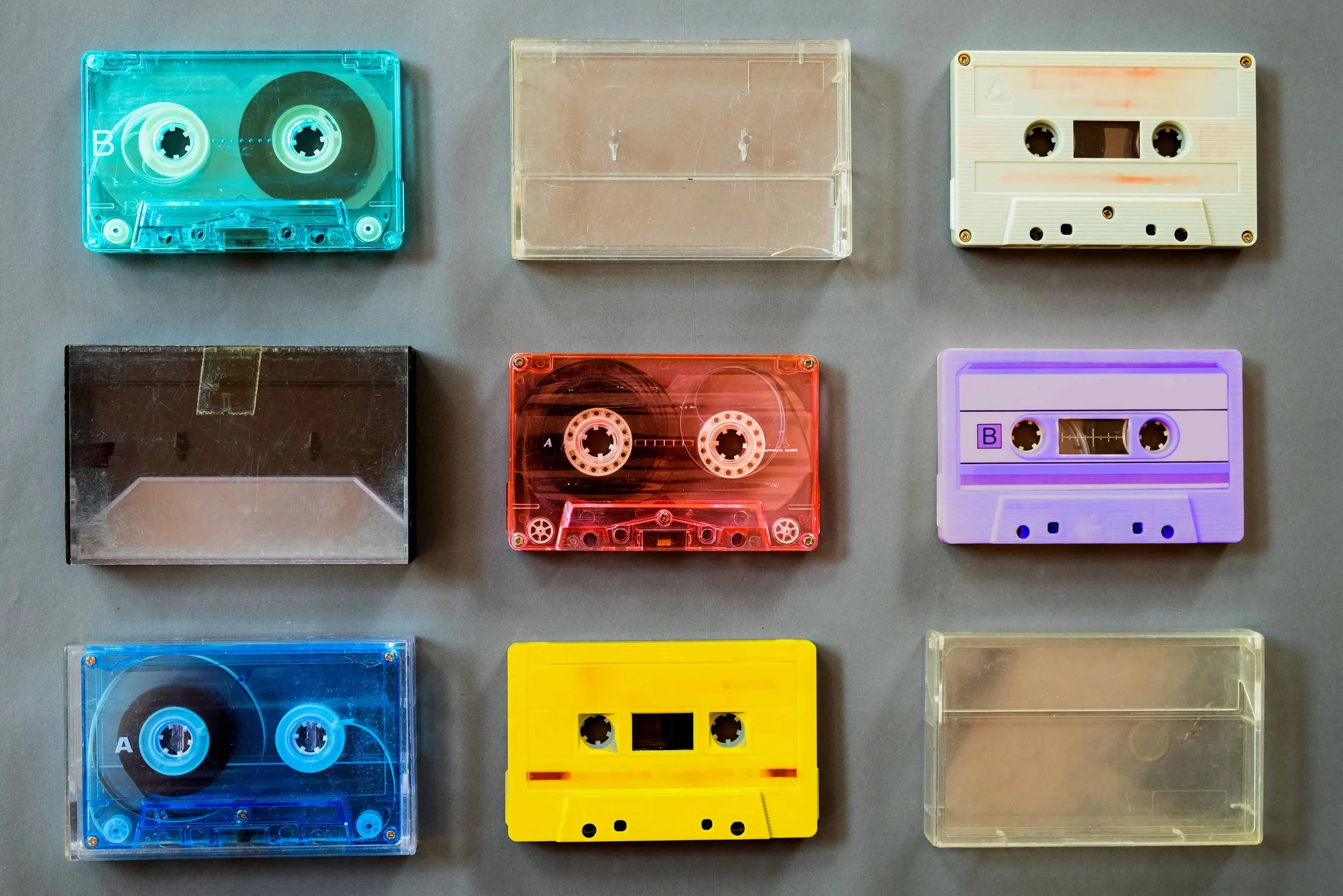My Improvised Life
by Ryan Sauls, Guest Writer
The Man
Like everyone, I think, over time I’ve memorized a few stories about myself that summarize where I’ve gotten to in life - who I am:
I am from northwest Florida, son and brother to a supportive family.
I am smart and did well at school.
I grew up to be a husband and “family man.”
I am a father to four sons and have worked to raise them as well as I can.
I have built a comfortable career in technology and leadership.
But the story that has most informed my life in my own mind, the one that identifies me to myself, is a little harder to admit to. It goes on to this day, and it informs and colors my experience of all the other stories that are still playing out in my life. Learning how to live in this story has been a key part of my growing up and flourishing as an adult, so here it is, the true central story of my life to this point:
I am a failed professional musician.
The Vision
I remember the night I knew what I wanted to be - the first time I really had any vision for what I wanted my life to look like. Sixteen years old, I had been leafing again through a well-worn copy of Keyboard Magazine - this family of magazines, Keyboard, Guitar, and, most importantly, Bass Player magazine were vital components of my high school experience - and reading about the intricacies of recording music in a studio to produce an album, scanning every detail of the advertisements for all this fantastic musical equipment, mentally playing through every notated musical example.
For a moment, I thought, “I want to be a professional musician,” and then, almost as quickly as that thought had fully formed, I glanced up and looked at the TV. As the band kicked into the theme song of my favorite late night television show, right at that instant, the idea was replaced by the real truth: “I want to be Will Lee.”
Will was, at the time, best known for being bassist in The World’s Most Dangerous Band, the house band for The Late Night with David Letterman show - for my money, still the greatest TV band ever.
The band played mostly instrumental covers of current and classic hits leading into and coming out of every commercial break. They played with nearly every night’s musical guest at the time, often replacing or augmenting a touring artist’s band, playing songs they probably learned that day, fitting every musical situation hand-in-glove - consummate professional entertainers. Sometimes they even got in on a comedic skit on the show. Will held the whole thing together musically, in my mind, like the bassist always does, with peerless bass-playing, stage presence, and style.
They were in New York City most days to film the show, so I knew they didn’t travel a whole lot, like the touring players I knew about. It looked to me like an amazing way to make a living in music, and I wanted in.
I had learned my way around a few instruments by this point, but knew that, with the possible exception of the tuba, the bass guitar was the only one I’d really started to differentiate myself from my peers on. Bass was what I was known for. So, that was it - practice hard, learn how to play every kind of music on the bass, and get a job playing music on TV.
This was my life’s plan, set out before me, as clear as it could possibly be.
The Journey
After high school, I enrolled in the burgeoning jazz program at the University of North Florida, as my desire to carry on as I had been as a tuxedoed concert tubist never quite overtook my late night TV dream. I spent three years with the best young players and legendary instructors, in the most amazingly supportive, creative, and competitive environment I could have asked for.
I learned most of all that all the music we listen to can be placed on a spectrum according to how pre-orchestrated it is. On one end, you have the complete compositional rigidity of the classical symphony, every note for every player planned out on paper by one person just trying to transcribe what she can hear only in her mind.
My peers and I lived for the other end of that spectrum - improvisation!
Name the tune, maybe look at a sketched out chord chart, count it off and go, “see you at the end!” There’s formula in there, too, of course - everyone has a role, and if you don’t fulfill that role, it brings the gig down, and you probably don’t get called for the next one, if they can find anybody else. But you pick the way you fill the role, and every few songs you step out front and the rest of the group supports you while you play the part out front, all eyes on you. And it’s thrillingly different every time you do it! The players with “the chops” played jazz, my peers and I thought, because it was “harder” than reading the notes on the page - a bigger challenge. Get good at jazz, we thought, and you’d be good at any music.
There is definitely an element of risk baked into improvisation.
You’re going to miss a change, flub some notes every now and then, sometimes embarrassingly. But, I truly believe that, when you are improvising the music on the spot, you create an environment that encourages a particular phenomenon to happen. I’ve experienced it only a few times, for the briefest of moments, but there’s never been anything else exactly like it.
Playing in the moment…
Choosing each note and inflection, its rhythmic placement and every detail, right down to how the strings feel under your fingers, based on what you hear from the other musicians in that moment, all making the same sets of decisions…
You create this fast-moving feedback loop.
And sometimes, for just a few moments, a few bars, everything around you is enveloped by the sound, when you catch a spark you didn’t know was there waiting, all the sounds melting together into a shape you didn’t know you’d ever be able to create.
You can see it in the band’s faces first, the biggest smiles and knowing looks across the stage, surprise and awe. Depending on the crowd, the audience might get it, too, and that’s the best feeling I’ve ever had playing music - seeing that it got through to them, knowing they know that was something special that just happened, and think “what was that?”
My experience has been that you have almost no control over when it happens, and it’s so fleeting, over almost as soon as you notice it, but so intense. I’ve never forgotten the times I’ve heard it happen.
The Mid-90s Music Scene
I left school to join the mid-90s music scene, which had seen the re-emergence of the most-divisive of musical trends, the jam band.
Acts like The Grateful Dead, Phish, Widespread Panic, Dave Matthews Band, and a whole host of other touring acts were drawing big crowds of kids willing to listen to whatever quantity of improvisational music the bands wanted to play. Sure, the chord changes were usually simpler, and the music revolved more around changes in volume and tempo than around the intricate harmonies and rhythms we’d learned all about at school, but there was a market for exploration and improvisation.
Without really trying to find one, I landed a spot in a traveling band called Buttermilk, and spent the better part of 2 years driving a van around the U.S. Southeast, playing anywhere we could, from small, dingy bars with names like Tal’s Dart Bar and Rick’s Cafe, to large regional festivals, playing for anywhere from 2 to 2,000 people at a time, depending on the day of the week.
Ryan playing bass on the right (stage left). His band was opening for Molly Hatchet at the Big Spring Jam in Huntsville, AL in 1995. Molly Hatchet’s set was too long, so they had to stop per city ordinance, meaning they didn’t get to play their most anticipated hit, “Flirtin’ with Disaster.” Comically, Ryan’s band took the brunt of angry fans walking by, yelling their disappointment. He was thrilled to be considered part of the main band.
That band’s guitarist, Dave Simmons, a truly gifted natural musician and my best friend at the time, was willing to entertain any of my wildest musical ideas. People loved to watch Dave play, and we were welcomed at lots of places by grinning kids greeting us like old friends, because they had been at the show the night before, too.
We were sort of just behind the bigger names, playing a lot of the same places they’d played a year or two before, on their way to the amphitheaters and stadiums. Surely we were headed that way, too.
I even got to be on TV a few times, later, and with other bands.
Played hundreds of shows.
Worked to make those intricately crafted recordings in amazing studios around the country.
Met famous musicians and musical figures (not always the same thing!).
Played alongside them on big stages in front of appreciative crowds.
It was, for many years, the focus of my life.
But I never got to be Will Lee. Before the decade was over, I’d settled into family life, with a “straight job,” as my musician friends used to say.
The Turning Point
By the time I found out I was to be a father for the first time - and, on the same day, that my old, long-lost friend, Dave, had died in LA from a drug overdose - I knew my vision for my life had changed forever.
So, while I don’t intend it to sound negative, there’s no point sugar-coating it.
I fell short of that initial dream; I failed.
Maybe it would’ve been possible to combine the late-night TV dream with the new family dream. I never really gave it a try. Even setting aside the fact - lost on me at the time, apparently - that there are only a few of those gigs ever, the simple fact is: I never really had a plan, I was just improvising.
There were other versions of the story I told myself: I probably wasn’t really good enough, or not the right personality for the constant project-work hustle that is a musician’s life, or I didn’t really want to live in one of those big music cities, anyway.
I certainly had learned that being a musician in the way I had been doing it was positively rife with disappointment, hard work, struggle, and compromise - none of which I was wired for at all, if we’re going to be honest.
Following the wrong goal because it had come easily had left me disillusioned, and with no desire to keep trying.
Simply put - I never made a plan to pursue exactly that goal. I spent lots of time and energy pursuing a goal that was sort of close, and ended up disillusioned and convinced there was no way from here to there. I’d focussed almost exclusively on what came easy - improvising music on the bass - instead of on doing whatever it takes to get Will’s gig. Sure, if you’re not good on the instrument, you can’t get the gig, but if you don’t go to where the work is, if you don’t work to make the relationships, if you don’t want to struggle, if you don’t pay your dues, you probably can’t get the gig either. These things were - still are, often - hard for me. But…
Dreams aren’t built from inside your comfort zone.
The Realization
Today, I feel like a success in most areas of my life. I have that comfortable career, built on skills I was lucky enough to have been encouraged to develop alongside my musical passion. I have an amazing and beautiful wife and family, with whom I get to spend all of my time, not just the infrequent pauses for breath that can be the restless punctuation in a touring musician’s life.
I can, and do, still pick up a guitar any time, day or night, and play a few songs for myself, my wife, or whoever wants to listen. I’ve passed on the love of music to my sons, who’ve pursued it to varying degrees.
But I think it does me good to remember that, once, I thought I knew exactly what I wanted to do with my life, and I was wrong. I thought I could build what came easily to me into something that would make me happy, and I was wrong. Acknowledging the reality of it means I can grow from it. I may have failed, but I can pick up and move forward into something new, with lessons in hand, so I’ll never be a failure.
About the Author
You can find Ryan playing guitar or bass, sometimes on a stage in Nashville. If he’s not playing, he’s reading, developing software at his day job, drinking a craft IPA, or wishing he was at a music festival.





















































